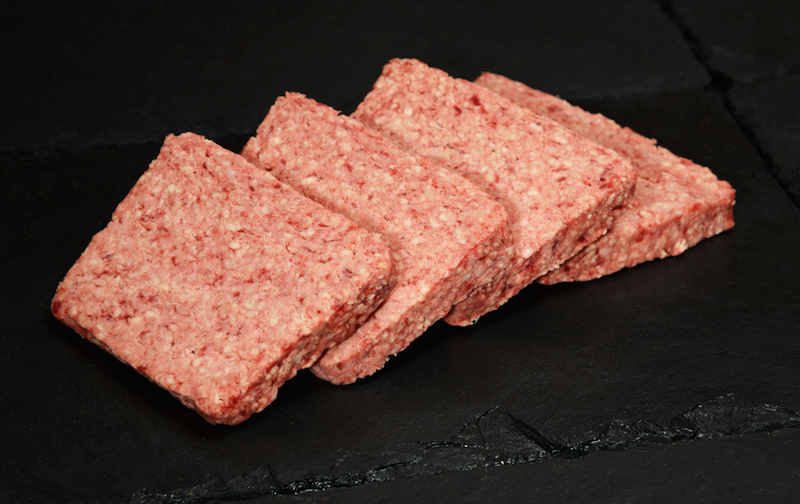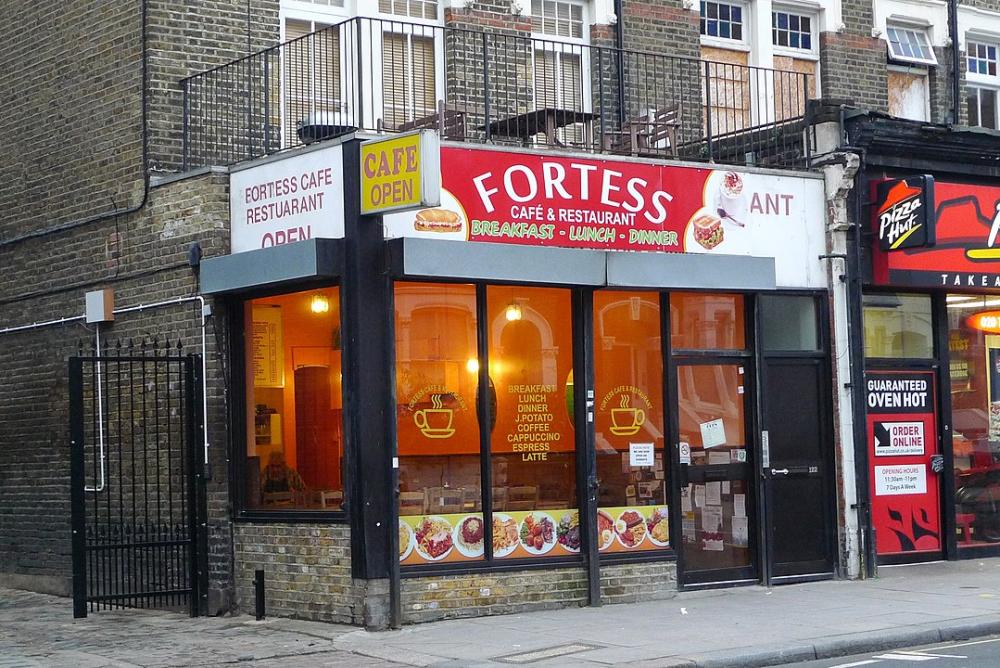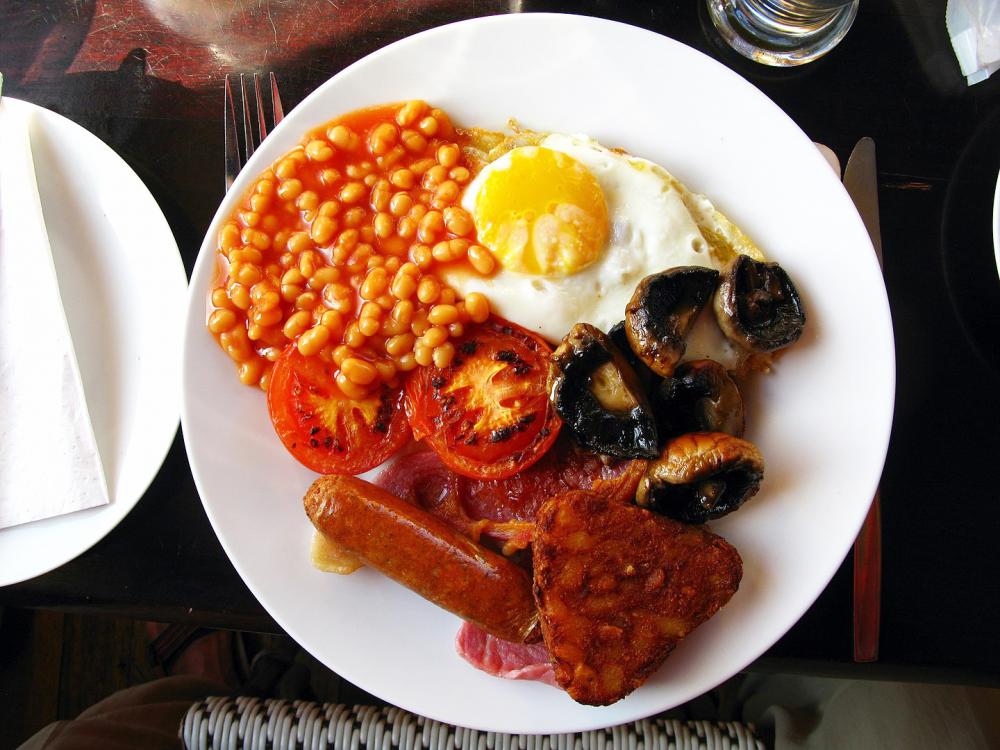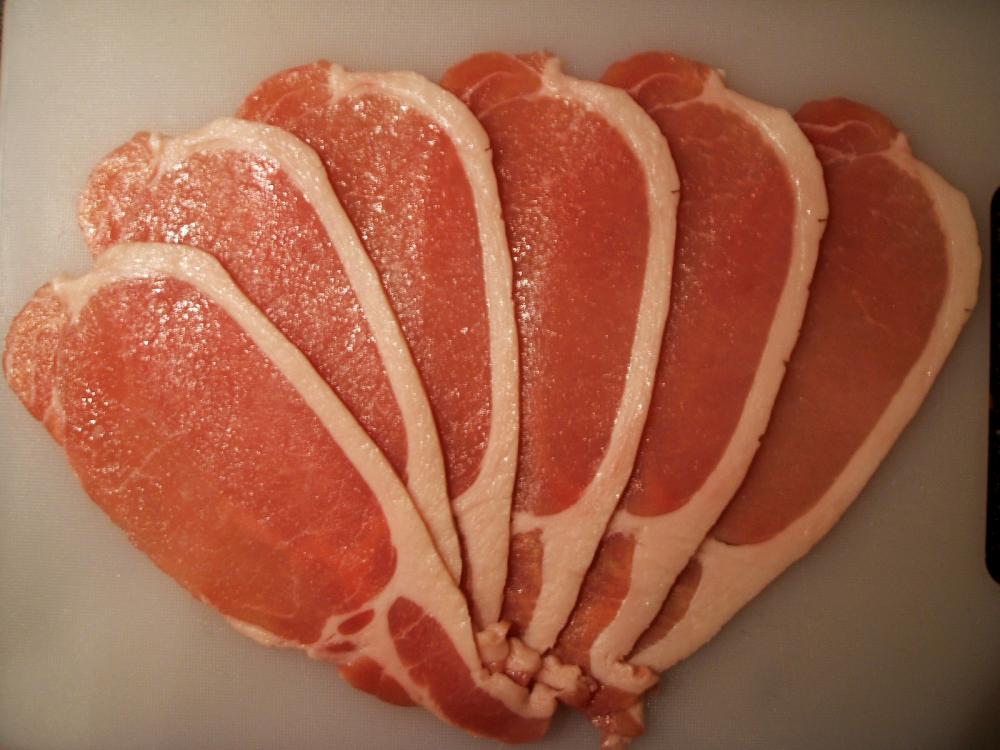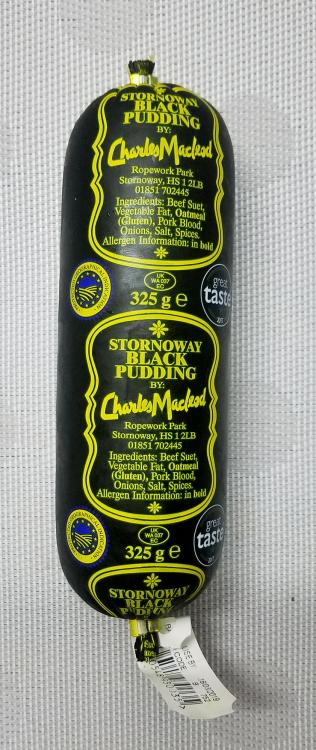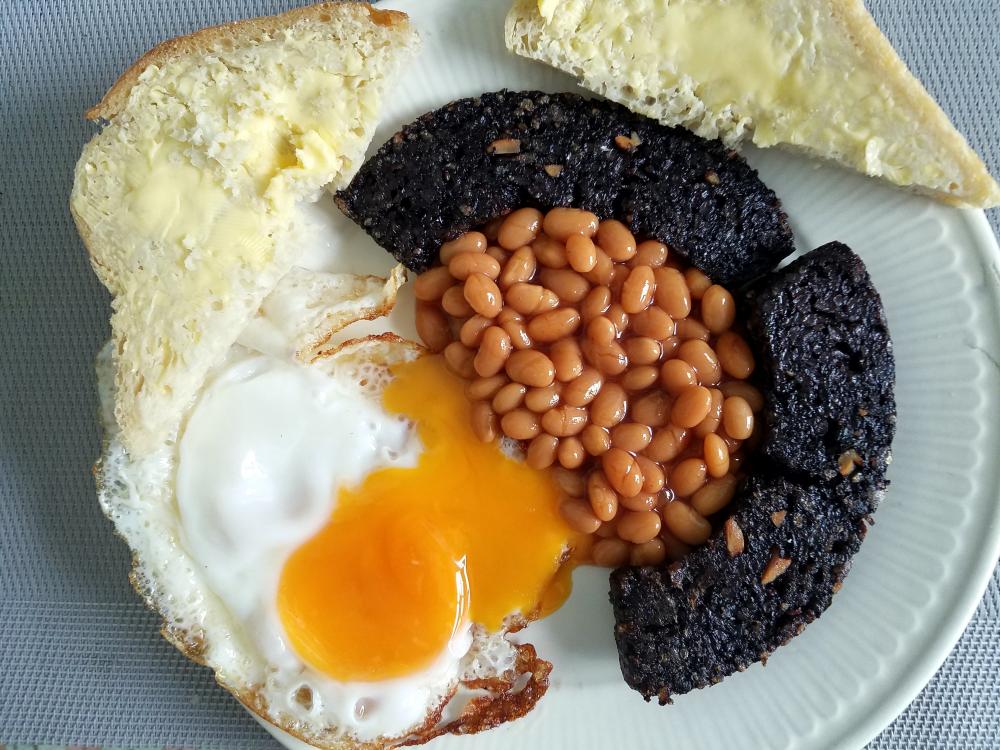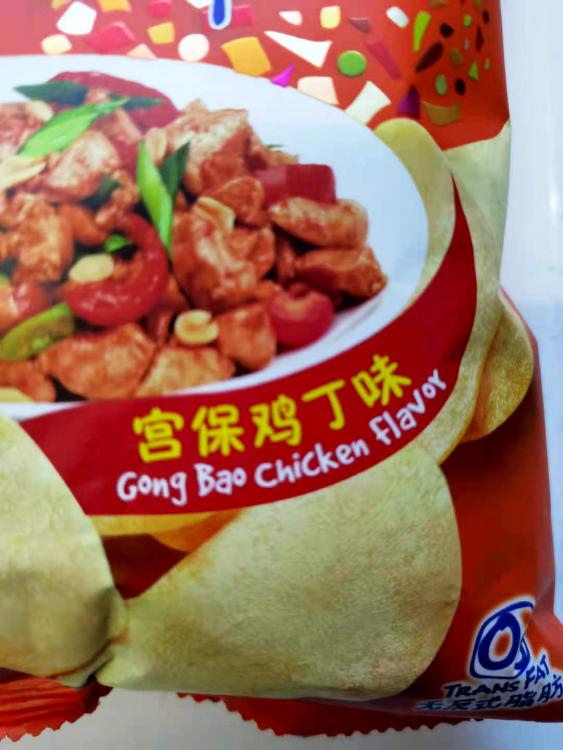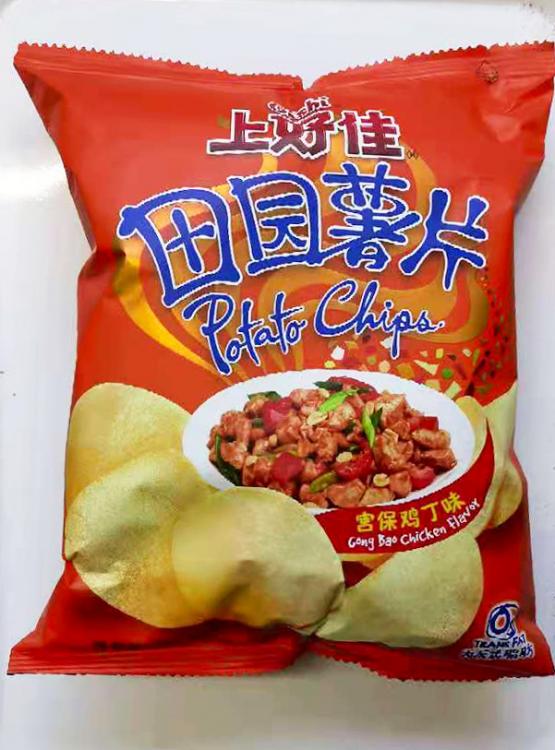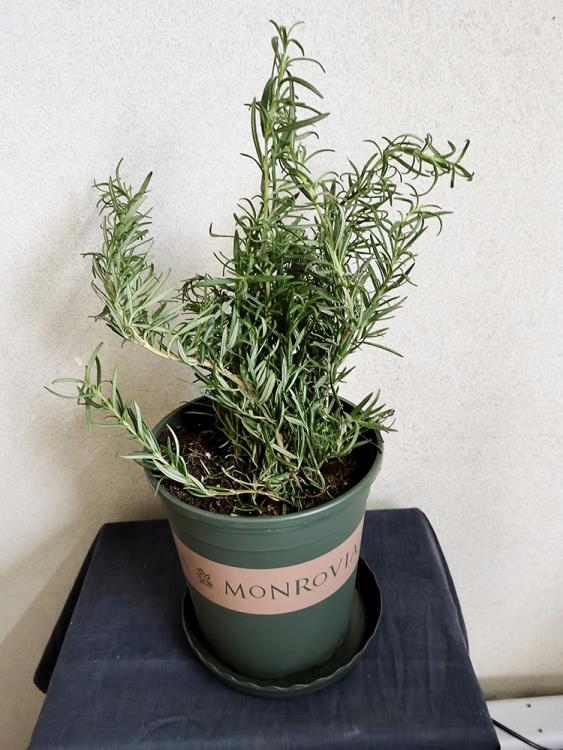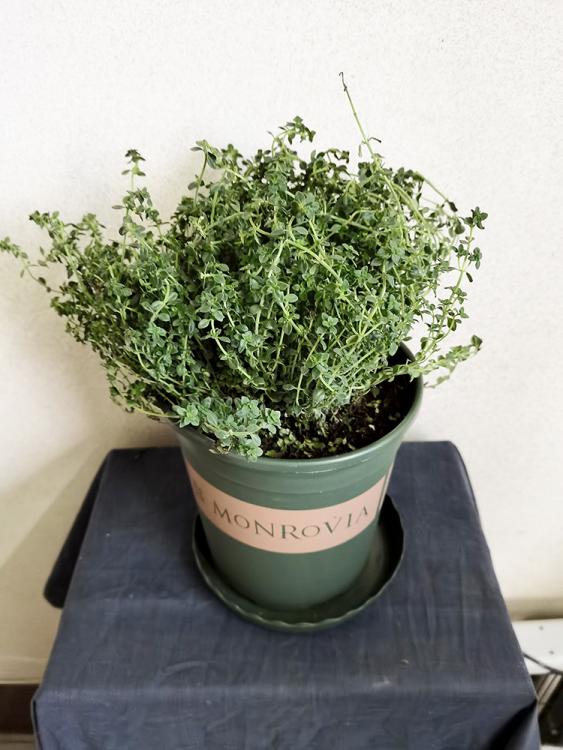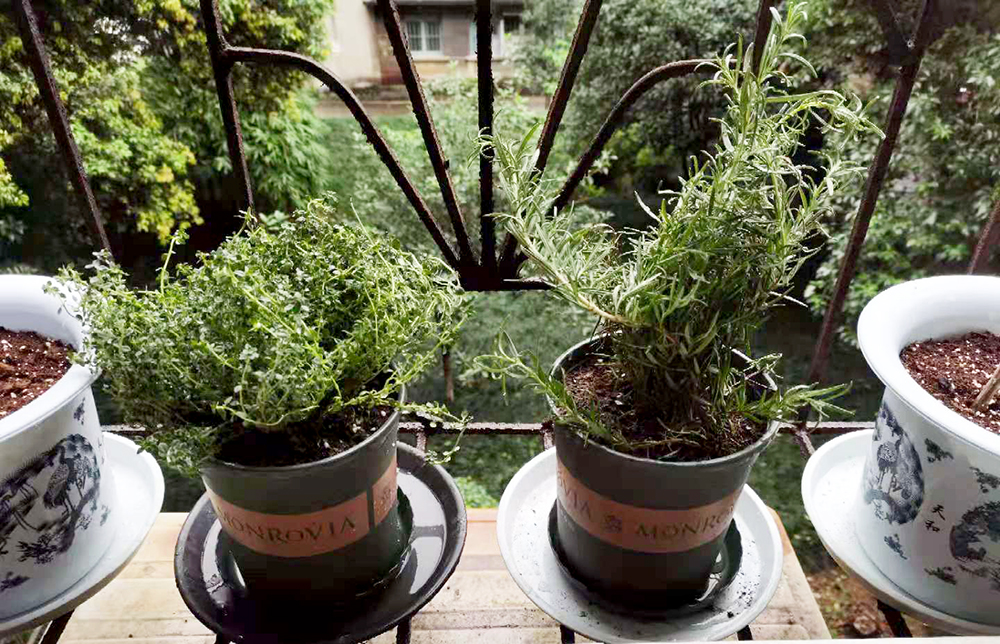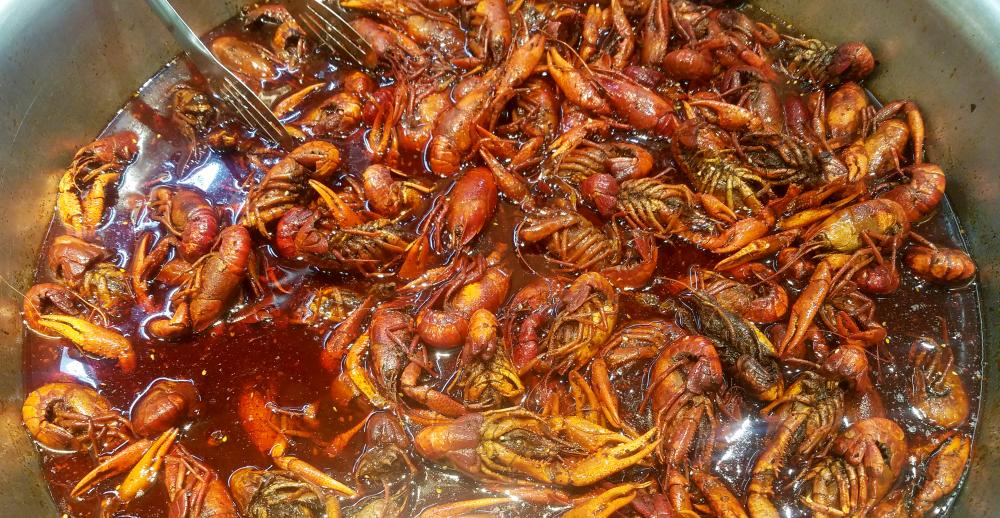-
Posts
16,810 -
Joined
-
Last visited
Content Type
Profiles
Forums
Store
Help Articles
Everything posted by liuzhou
-
...spill tomato puree https://www.theguardian.com/uk-news/2021/jun/02/english-road-left-looking-like-a-horror-film-after-tomato-puree-spillage
-
Interesting. I most commonly see it dried here. It isn't great. I did bring back a bunch of fresh, young krachai from Cambodia a few years back. That was wonderful
-
Some people like durian! (Also, posting in the food funnies topic).
-
I've seen Beijing Duck flavour here, too. Never been tempted.
-
Nothing to forgive. I do occasionally wake up eager to respond to an eG post that I only dreamed someone had made. While totally forgetting others which are real!
-
I did use them in one meal which I posted in the Dinner topic on Sunday. In fact, you saw my post and "liked" it! The remainder (about 2/3rd of them), I vacuum packed and bunged in the fridge. I will use them again in the next day or two. In fact, you saw my post and "liked" it!
-
Yes, even long before my moving to China, I regularly counted my blessings for not inheriting that gene or whatever it was. Ha! I haven't thought of Weetabix in decades. I do remember my father taking a dry Weetabix and buttering it like a slice of toast and eating it. But he was a very strange man in many ways! I read they now do an organic version. The world was waiting for that!
-
I too, have no real recollection of weekday breakfasts in my schooldays - or even later. There must have been something, though. On annual holidays (vacations) my parents would treat us to a Kellog's selection pack of individually boxed servings - this was a major treat. Sunday breakfast though was special for me, too. All sat around the table with bacon and egg, for sure. Black pudding definitely. Fruit pudding, too. I don't remember beans or tomatoes. I never ate a mushroom until I was in my 20s. My mother's twin sister had a life-threatenting allergy to mushrooms. Once, in their 70s, my mother and her twin were flying from the UK to Australia after their elder sister died there and one of the meals served on board the flight contained mushrooms, despite the crew having been told of the allergy. My aunt took one bite, spat it out and went into anaphylactic shock. The plane had to make an emergency landing in Korea* to rush her to hospital. It was touch and go as to whether she would survive. She finally recovered and made it to Australia. The airline compensated her generously without argument. This is why we were never served mushrooms at home. Despite the twins being identical, my mother was not allergic and actually quite liked mushrooms the few times she ate them, but she preferred to avoid them and certainly not feed them to us in case we had inherited any strange allergies. We haven't shown signs of any food allergies, although my sister is similarly allergic to bee stings! All my siblings and their kids are mushroom-OK. * Fortunately, South Korea.
-
4. Breakfast Time "Full English Breakfast" - image by Joadl; licenced under CC BY-SA 3.0 Large breakfasts have been a tradition in Britain since the 1300s. Over the centuries, they have slipped down the hierarchy from being exclusively enjoyed by the aristocratic classes, through the aspiring middle classes and finally landing on the working classes. Well, not quite finally, as we shall see. Back in the day, the aristocrats would have huge feasts for breakfast before heading out in the cold to shoot innocent mammals and birds for their amusement. Occasionally, they would shoot each other, too – not often enough, in some people’s view. The immoderate size of the morning meal served two functions. First, it set one up for a long day trekking across the windswept moors slaughtering almost anything that moved, edible or not. Secondly, it was a way of showing off one’s wealth. The more lavish the breakfast, the more elevated you must be! Ingredients would include not only the now common bacon, sausage and eggs etc., but also pheasant, lamb or calves kidneys on toast, pigs’ cheeks, collared tongue, kippers, pork pies etc. By the 19th century and the Industrial Revolution, the aristocracy was in decline. Money was now more and more in the hands of a rising middle class of industrialists and traders. They were largely a conservative bunch who adopted the ways of their perceived ‘betters’, taking over the role of preserving the traditions of the glorious past. They acquired the houses, country estates, guns and servants and continued the tradition. WWI saw the beginning of the end of big houses full of staff to pander to every whim of the owners. WWII saw the end almost completely. The large breakfast then became the property of the working classes and became more standardised. Back bacon, sausages, baked beans, fried tomatoes, mushrooms, black pudding and fried or toasted bread (sometimes both), accompanied by a pot of tea. Seldom coffee. Back bacon - Public Doman image Incidentally top tourist tip: Never refer to sausages as “bangers” unless you are referring to the dish “bangers and mash”. Saying something like “Can I have two bangers with my breakfast, please?“ will be met with howls of laughter. Not that people won’t know what you mean; but we never use the word outside the title of the specific dish, about which I will mutter later. There are, of course, many variations, especially regionally. People today talk of the full English, full Scottish or full Irish, but they are all basically the same. The Scottish breakfast often additionally includes haggis, Lorne sausage, white pudding or fruit pudding, while the Irish usually has soda bread and/or potato scones. (incidentally, in Northern Ireland, the meal is called an Ulster Fry. And often colloquially, in the rest of Britain, just called a "fry-up".) Lorne Sausage - Public Domain image These breakfasts were normally served in cafés or caffs as they are often called in London. And not only at breakfast time. You still see cafés with signs offering “all-day breakfasts”. So, although some remain, most of these places have long gone. With the decline in manufacturing in Britain since the mid-20th century, the need for the calories of the large breakfast before a hard day’s manual labour has largely gone. Also, both a growing awareness of the health issues relating to fried food yet at the same time an increase in Fast Food chains has had a huge effect on their viability as businesses. The last time I ate anything like a full breakfast was about 40 years ago in this café in North London. No, I don't remember precisely what I ate. Image by Ewan Munro; Licenced under CC BY-SA 2A Today, some of these remaining cafés still offer “full breakfasts”, but few people actually order them. Instead they will choose a “pick and mix” breakfast, selecting two or three items out of the full Monty. So, I might have bacon, sausage and egg while my friend may go for black pudding, egg and beans. Partial "full" breakfast. Black pudding, egg and beans, for some reason served with bread and butter ratherthan the uwsual fried fried or toast. I forget why. Look on YouTube and the like and you will find scores of videos entitled something like ”10 dishes you must eat in England” “England” may be replaced by “London”, “Scotland” etc. What is interesting is that these so-called influencers have their near identical lists of clichés and all end up going to the same places which they have heard about from the last person to post a video. There are some times queues of influencers! It is amusing (for all the wrong reasons) to watch these clowns attempting to eat their massive breakfasts while spouting nonsense about its history or even about exactly what they are eating. Alternatively they go to places which only really cater to tourists and serve breakfast with strange additions, but missing traditional items. Hash browns are American and chips do not belong on a “full English” and are only added by bad restaurants to fill the diners up as cheaply as possible. There are a number of these people who go to one expensive chain steak-restaurant in London, thinking it’s a typical example of the real thing. The breakfast comes with things such as roast beef marrow and pork chops in addition to the usual. And they serve home-made baked beans. Only canned Heinz beans made to the British recipe are permitted by law! They were introduced to the UK in 1886, shortly before Victoria’s death and almost immediately joined the new standard in the new Edwardian reign. These additional items are what were part of the traditional pre-Victorian breakfast but which disappeared from the dish in the early 20th century. The YouTube people don’t realise that this is atypical and explain that this is what the English working man eats every morning. Utter bilge. There is one bad-mannered idiot who goes around London totally misunderstanding everything he sees and eats, yelling at people in what he imagines to be a “London accent” and making sexist remarks to young women walking past. The cretin should be deported – from the planet! I’ll visit some more of the YouTube “top 10 type British foods” over the next few days. Some will be pleasant; many less so.
-
Indeed. Potato crisps and pickled onions were as far as most went. Maybe a stale ham sandwich if it was more upmarket. Today it's the opposite. Trying to find a traditional "local" is difficult. They have all turned to gastro-pubs or think they have. There are some with great food but when I was back in Britain in 2019, I struggled to find what I remember as a great pub! COVID has also ravaged the pub trade; the survivors have just re-opened after a third lengthy lockdown, but many didn't make it through.
-
宫保鸡丁味 (gōng bǎo jī dīng wèi) is what you may call "Kung-po chicken" flavour. "Gongbao jiding" is the Mandarin name; "kung-po" is Cantonese which they don't speak in Sichuan, home of the dish. Anyway, now they are potato chips. It's the end of civilisation, I tell you! You will be shocked to learn they taste nothing like gongbao or kung-po!
-
While I do agree that industrial revolution had a large impact, for the reasons you give, I still think that WWII in particular had a much larger impact. A whole generation growing up on extremely limited supplies and never learning to cook or taste decent food had a devastating effect. The majority of men spent around six years on army rations on the battlefield. The military were exempt from rationing, but I imagine they weren't exactly enjoying haut cuisine.
-
Just took delivery of a rosemary and thyme plants. They need repotting and a bit of fresh air and sunlight. It took three days to ship them inside a cardboard box. These are not easy to find here - Chinese food doesn't use them.
-
The first time I ever recall eating in a restaurant was in Britain in the 50s. It was Chinese - allegedly, but there was also an Italian of sorts which I never frequented. This was in small town Scotland. There were very few Thai restaurants the last time I lived in London. That was in the early 90s. Now they are everywhere.
-
There have long only been two kinds of British restaurants in Britain. There are some restaurants selling excellent, high quality British food at less excellent high prices, while at the opposite end of the spectrum are cafés (more like American diners) which are cheap, cheerful and often low quality. British people, when dining out, don't generally want British food. We eat that at home. It is more seen as an opportunity to eat something different. BBC Radio London not long ago did a survey of what nations' foods were available in restaurants in the city. I forget the exact number they found, but it was, I seem to remember, 80-something. Chinese, Indian, Italian and Thai are the top four favourites.
-
Here is a recipe for the Woolton Pie mentioned by one woman in the video on WWII rationing which I posted above.
-

All About H Mart and Asian Groceries in the U.S.
liuzhou replied to a topic in Food Traditions & Culture
It's rather early for mangosteens. They don't normally come into season until July. -
-
https://spartacus-educational.com/ED1946.htm In fact, although schools had been empowered (but not required) to issue free milk in 1921, the universal standard free 1/3 pint wasn't introduced until 1946 under the 1946 School Milk Act. It lasted until 1968 when it ended in secondary schools then 1971 in all schools. To this day the then Secretary of State for Education and Science, Margaret Thatcher, later Prime Minister, is known widely as "Thatcher, the Milk Snatcher"!
-
Arrgh! I'd just about managed to purge (or at least suppress) all thoughts of cod liver oil from my memory. Now it has come flooding back! My grandparents ran a local tobacconist / newsagent shop and were often presented with rabbits and other game in the hope of receiving a bit of extra tobacco in return. I'm told they never went along with the illegal bartering but I'm not sure I believe it. I was also put off milk for life after the free one-third of a pint of milk at school. It used to sit outside the canteen all morning. In winter it was often frozen solid; in summer horribly warm.
-
Yes, I know America had rationing too, as did other countries, but nowhere near to the same degree. The list of foods which were rationed in the US is much shorter. Virtually all food was rationed in Britain. Only vegetables, fruit, fish and bread went unrationed in Britain. In fact, the US was exporting food aid to Britain throughout. Britain had nothing to export! Also Britain was in the war longer and rationing lasted longer.
-
香辣小龙虾 (xiāng là xiǎo lóng xiā) - Spicy Crayfish / Crawfish. Many, many were eaten. Much, much beer helped wash them down.
-
Fried rice doesn't need eggs. Many fried rice classics here have no eggs.





